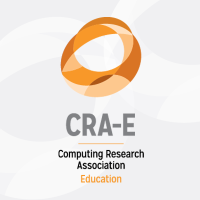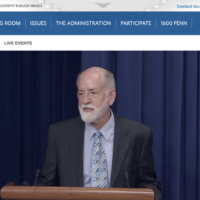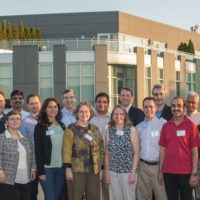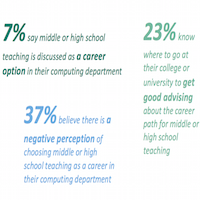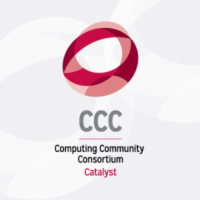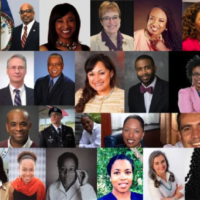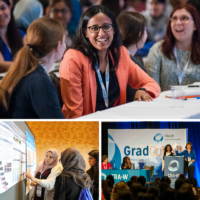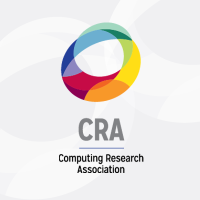
Nominations Open for CRA Distinguished Service and A. Nico Habermann Awards
The Computing Research Association invites nominations for the 2017 CRA Distinguished Service Award and A. Nico Habermann Award. Both nominations are due December 9.
Distinguished Service Award
CRA presents an award, usually annually, to a person who has made an outstanding service contribution to the computing research community. This award recognizes service in the areas of government affairs, professional societies, publications or conferences, and leadership that has a major impact on computing research.
Nico Habermann Award
CRA presents an award, usually annually, to a person who has made outstanding contributions aimed at increasing the numbers and/or successes of underrepresented groups in the computing research community. This award recognizes work in areas of government affairs, educational programs, professional societies, public awareness, and leadership that has a major impact on advancing these groups in the computing research community.


